Personal Finance Blog
 Principal vs. Interest on Credit Cards and Loans
Principal vs. Interest on Credit Cards and LoansFebruary 10, 2023
When paying back a loan or credit card, you should think about your principal vs. interest. Read on to learn the differences and how they impact your debt. Read more.
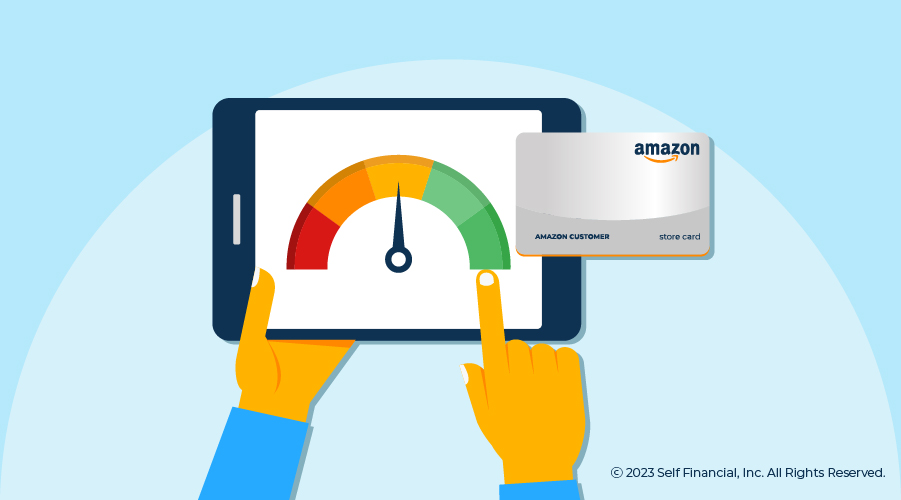 What Credit Score Is Needed for an Amazon Card?
What Credit Score Is Needed for an Amazon Card?February 8, 2023
In this article, we detail what credit score you need for an Amazon card, the approval process, what to do if you’re denied and how the process impacts your credit. Read more.
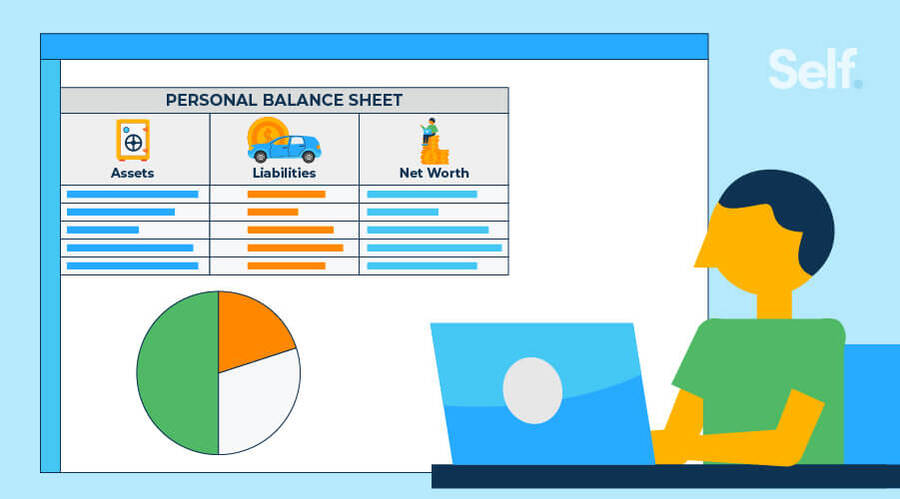 How to Create a Personal Balance Sheet (Examples & Templates)
How to Create a Personal Balance Sheet (Examples & Templates)February 7, 2023
Creating a personal balance sheet is a great way to keep track of your overall financial situation and help you make smart, sustainable money decisions. Read more.
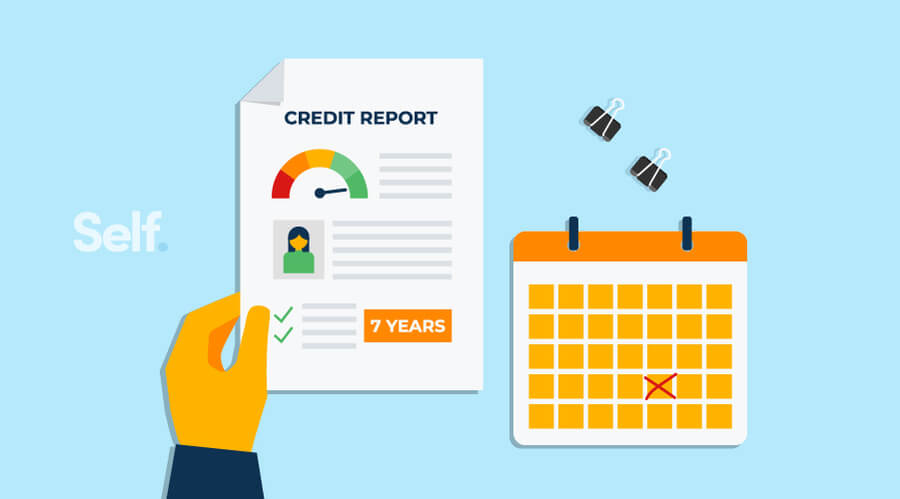 How Long Do Collections Stay on Your Credit Report?
How Long Do Collections Stay on Your Credit Report?February 7, 2023
Collections typically stay on your credit report for 7 years. Find out when they fall off and what this means for your credit score. Read more.
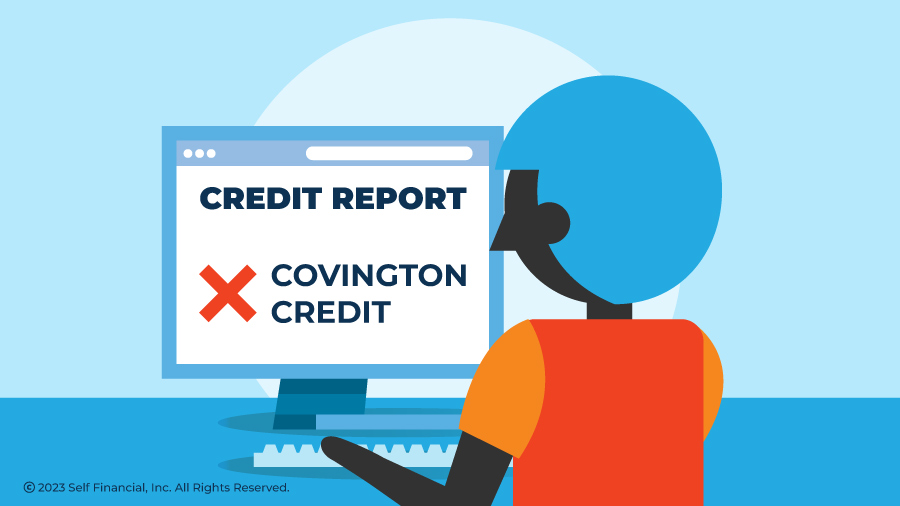 How to Remove Covington Credit from Your Credit Report
How to Remove Covington Credit from Your Credit ReportFebruary 5, 2023
Covington Credit is a financial services provider whose business includes offering loans to people who don’t typically qualify for most types of credit. Read more.
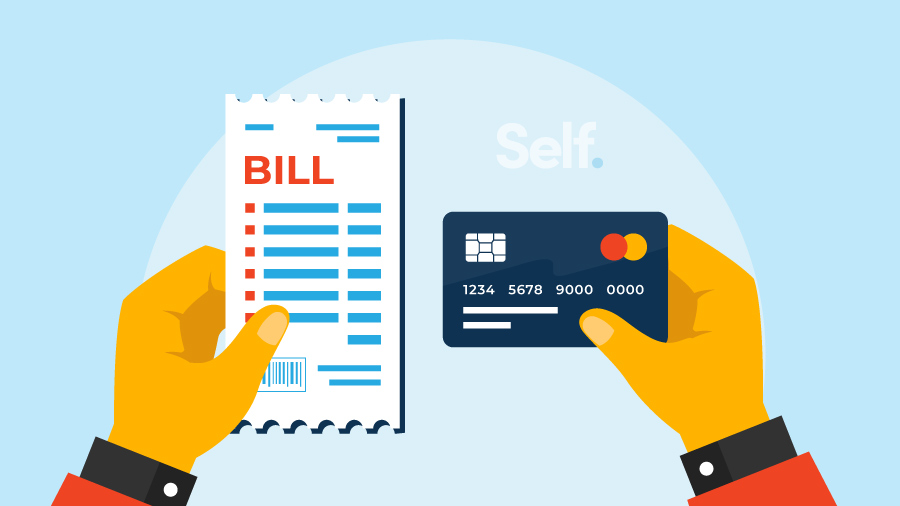 What Bills Can You Pay with a Credit Card?
What Bills Can You Pay with a Credit Card?February 1, 2023
This article provides guidance on which bills you can pay by credit card and what to consider when choosing between credit cards and other bill payment methods. Read more.
 Understanding Your Financial Love Language
Understanding Your Financial Love Language February 1, 2023
You might have heard of the classic love languages, but there are also financial love languages. Let's break down each of these "money love languages” and how they translate into a relationship. Read more.
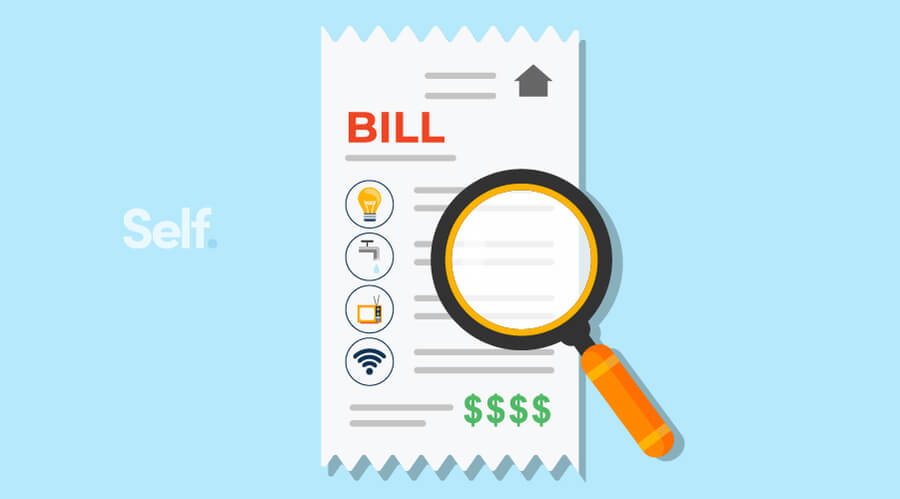 What Bills Do You Pay When Renting?
What Bills Do You Pay When Renting?January 30, 2023
This post details common bills that may come with renting a house or apartment so that you know how much to budget beyond your monthly rent. Read more.